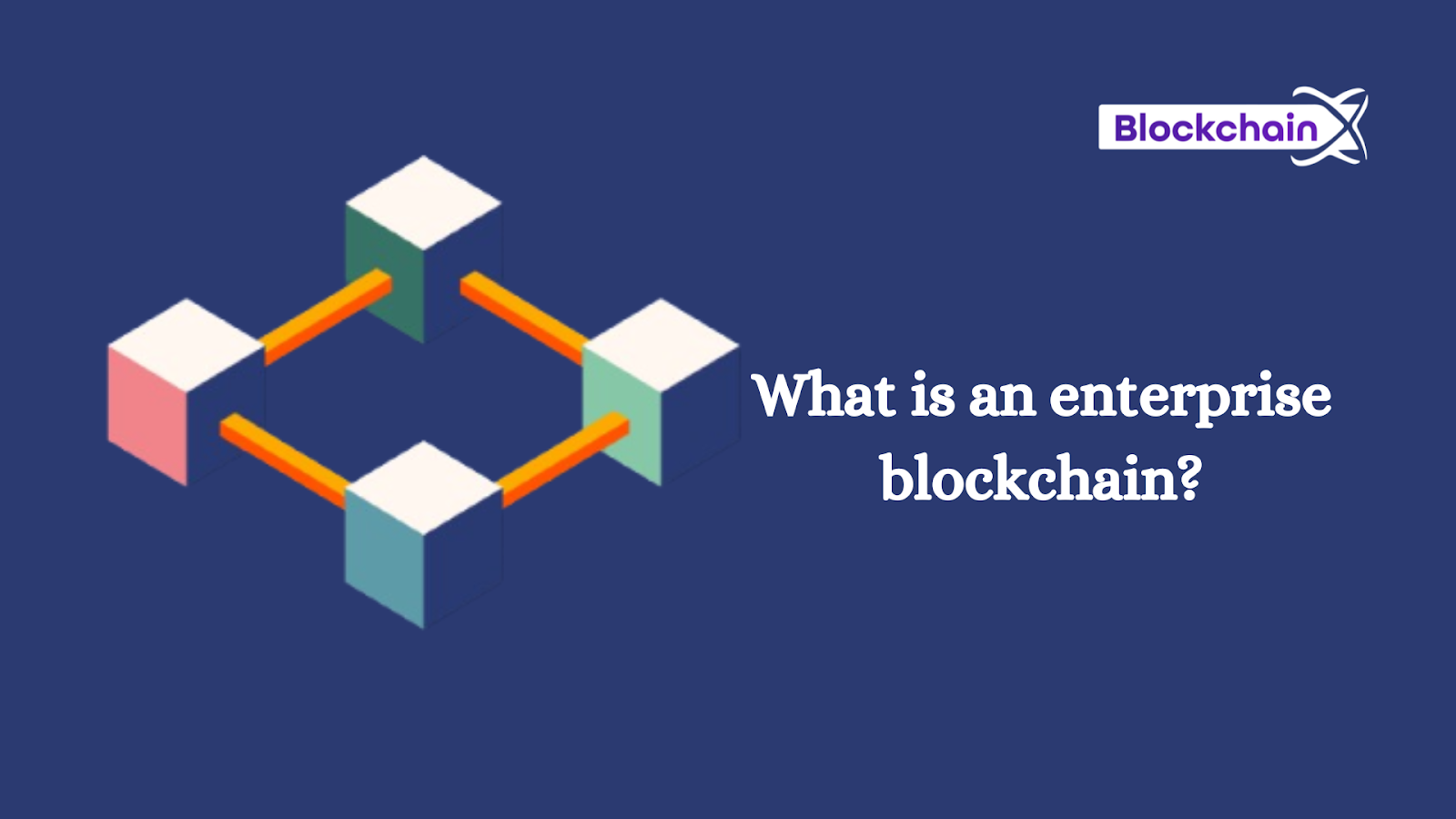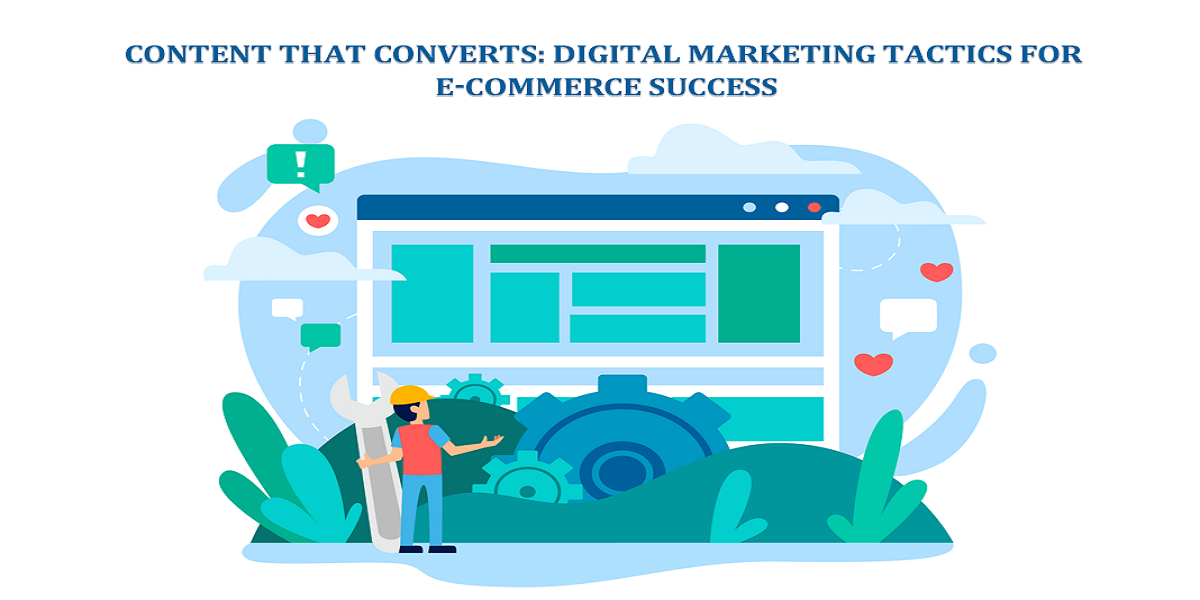
Blockchain for Enterprise: Transforming Business Operations
- By Kishore Senthil
- 19-04-2024
- Blockchain
An enterprise blockchain is like a standard blockchain in that it spreads and gives continuous data to clients. What isolates these associations is their consideration regarding the solicitations of tremendous associations. Enterprise blockchain should be permissioned to permit organizations to access delicate information while keeping similar data out of some unacceptable hands.
To accomplish these enterprises, these associations use various techniques to keep individual data organized. These methodologies could consolidate binding permission to center points, requiring unequivocal approval like NFT tokens and other determined necessities. There are even various enterprise-grade blockchains that are honestly bound, meaning their arrangements are significant and enforceable in court.
Why is enterprise blockchain essential for business?
Enterprise blockchain is essential for businesses for several reasons:
Enhanced Transparency: Blockchain technology gives a straightforward and permanent record of exchanges. This straightforwardness can assist organizations with building trust with clients, accomplices, and controllers by giving perceivability into the beginning and development of resources or information.
Improved Security: Blockchain utilizes cryptographic strategies to get information, making it profoundly impervious to altering and unapproved access. This upgraded security can safeguard delicate data and alleviate the risk of extortion or digital assaults.
Streamlined Processes: Smart contracts automate and smooth out business processes by implementing predefined rules and conditions. Enterprise blockchain development company computerization diminishes the requirement for delegates, limits manual blunders, and speeds up exchange handling times.
Greater Efficiency: Enterprise blockchain works with constant information-sharing and coordinated effort between partners. This expanded productivity can speed up dynamic cycles, further develop inventory networks among executives, and improve large functional spryness.
Compliance and Regulatory Compliance: Blockchain's straightforward and auditable nature can assist organizations in complying with administrative prerequisites and industry guidelines. This can decrease the risk of resistance to punishments and legitimate questions.
Supply Chain Traceability: Blockchain empowers end-to-end detectability in supply chains by recording the development of merchandise and checking its legitimacy. This discernibility can help organizations recognize and resolve issues, for example, item duplicates or production network interruptions, among others.
Innovative Business Models: Enterprise blockchain opens up new doors for new plans of action and income streams. By empowering distributed exchanges and decentralized commercial centers, organizations can investigate imaginative ways of adapting resources, administrations, or information.
How can blockchain benefit enterprises?
Blockchain can benefit enterprises in several ways:
Enhanced Security: Blockchain utilizes cryptographic methods to get information, making it profoundly impervious to altering and unapproved access. Undertakings can use blockchain technology to safeguard delicate data, relieve the gamble of information breaks, and upgrade by and large online protection.
Improved Transparency: Blockchain gives a straightforward and permanent record of exchanges, empowering undertakings to follow the development of resources or information progressively. This straightforwardness improves trust and responsibility among partners by giving perceivability to the beginning and history of exchanges.
Streamlined Processes: Brilliant agreements mechanize and smooth out business processes by authorizing predefined rules and conditions. Enterprise Blockchain Development Services can utilize blockchain-based brilliant agreements to dispose of manual assignments, diminish authority above, and speed up exchange handling times.
Increased Efficiency: Blockchain works with continuous information dividing and coordinated effort between partners, prompting expanded functional productivity. Enterprises can use blockchain technology to smooth out production networks, upgrade strategies, and further develop business processes across different divisions.
Supply Chain Traceability: Blockchain empowers end-to-end detectability in supply chains by recording the development of merchandise and checking its validity. Undertakings can utilize blockchain to track and follow items from the starting place to the end shopper, upgrading store network perceivability and lessening the risk of falsifying or misrepresenting items.
Compliance and Regulatory Compliance: Blockchain's straightforward and auditable nature can assist enterprises in complying with administrative prerequisites and industry guidelines. Undertakings can utilize blockchain technology to keep up with precise records, review trails, and consistency reports, lessening the risk of rebelliousness punishments and legitimate debates.
Innovative Business Models: Blockchain opens up new doors for new plans of action and income streams. Enterprises can investigate imaginative utilizations of blockchain innovation, like decentralized finance (DeFi), tokenization, and non-fungible tokens (NFTs), to adapt resources, administrations, or information in new ways.
Enterprise Blockchain Applications
Enterprise blockchain applications span across various industries and sectors. Some notable examples include:
Supply Chain Management: Blockchain technology is utilized to further develop straightforwardness, discernibility, and proficiency in supply chains. Enterprise blockchain development solutions can follow the development of merchandise, confirm their genuineness, and smooth out cycles like stock administration, obtainment, and planned operations.
Financial Services: In the monetary area, blockchain is used for applications, for example, cross-line installments, exchange money, and resource tokenization. Undertakings influence blockchain technology to lessen exchange costs, kill delegates, and work on the speed and security of monetary exchanges.
Healthcare: Blockchain has applications in medical care for safely putting away and sharing patient information, overseeing clinical records, and following drugs along the production network. Undertakings use blockchain technology to guarantee information honesty, upgrade patient protection, and further develop interoperability among medical service frameworks.
Identity Management: Blockchain empowers secure and decentralized character in board arrangements. Undertakings influence blockchain technology to validate clients, oversee advanced characters, and shield individual information from data fraud and extortion.
Intellectual Property: Blockchain is utilized to lay out possession freedoms and oversee licensed technology resources like licenses, copyrights, and brand names. Enterprises influence blockchain technology to make permanent records of protected technology possession, uphold authorizing arrangements, and forestall unapproved use or encroachment.
Real Estate: Blockchain works with straightforward and secure exchanges in the land business. Enterprises use blockchain technology for property tokenization, advanced resource management for executives, and shrewd agreements for land exchanges, lessening the requirement for delegates and further developing proficiency.
Supply Chain Finance: Blockchain empowers production network finance arrangements that give funding to providers in view of obvious production network information. Enterprises influence blockchain technology to further develop access to support, diminish funding costs, and relieve gambles related to inventory network interruptions.
Energy and Utilities: Blockchain is utilized in the energy area for applications, for example, shared energy exchanging, sustainable power testament following, and matrix executives. Enterprises influence blockchain technology to decentralize energy markets, streamline energy dispersion, and upgrade straightforwardness in energy exchanges.
Government and Public Sector: Blockchain is used by states and public area associations for applications like personality the board, casting a ballot framework, and straightforward administration. Enterprise blockchain development platform influence blockchain technology to further develop responsibility, lessen defilement, and upgrade trust in open foundations.
Challenges of Blockchain for Enterprise
While blockchain technology offers numerous benefits for enterprises, it also presents several challenges:
Scalability: Blockchain networks frequently battle with adaptability, particularly open blockchains like Bitcoin and Ethereum. As the quantity of exchanges increases, blockchain organizations might turn out to be slow and clogged, prompting delays and higher exchange costs. Adaptability issues can ruin the reception of blockchain technology for big business applications requiring high throughput and execution.
Interoperability: Interoperability between various blockchain stages and frameworks is difficult for enterprises. Numerous blockchain networks work in storehouses, making it hard to trade information and resources flawlessly across various stages. The absence of interoperability can restrict the viability of blockchain arrangements and frustrate joint efforts among partners.
Regulatory Uncertainty: Administrative vulnerability encompassing blockchain technology presents difficulties for enterprises, particularly in profoundly directed enterprises like money and medical services. Muddled or developing guidelines can make consistency gambles and legitimate obstacles for undertakings conveying blockchain arrangements. Enterprises should explore complex administrative scenes and guarantee compliance with pertinent regulations and guidelines.
Privacy and Data Confidentiality: While blockchain offers straightforwardness and changelessness, guaranteeing protection and information privacy remains a test. Public blockchains record exchanges on a straightforward record noticeable to all members, raising worries about information security and secrecy. Undertakings should execute security-improvement innovations, for example, zero-information confirmations and encryption, to safeguard delicate data on blockchain networks.
Security Risks: Regardless of its security highlights, blockchain isn't invulnerable to security dangers and weaknesses. Brilliant agreement bugs, cryptographic defects, and digital assaults present security dangers to blockchain organizations and applications.
Cost and Complexity: Carrying out and keeping up with blockchain arrangements can be expensive and complex for enterprises. Creating blockchain networks, coordinating existing frameworks, and preparing a work force require huge amounts of time, assets, and ability. Enterprises should cautiously gauge the expenses and advantages of blockchain reception and guarantee arrangements with their essential targets.
User Experience and Adoption: User experience and adoption remain difficulties for enterprise blockchain arrangements. Blockchain technology can be mind-boggling and new to end clients, prompting obstruction and suspicion. Enterprises should provide easy-to-understand interfaces, instructive assets, and motivations to advance reception and overcome boundaries to passage.
Governance and Standards: Governance and standards are fundamental for the successful activity of blockchain networks; however, laying out agreements among partners can be challenging. Disagreements about administration, convention overhauls, and principle advancement can upset the versatility and interoperability of blockchain networks. Enterprises should take part in administration processes, team up with industry partners, and contribute to the advancement of norms to address these difficulties.
Future of Enterprise Blockchain
The future of enterprise blockchain is promising, with continued growth and technology expected in the following areas:
Interoperability: As enterprises implement blockchain technology across various stages and frameworks, interoperability will turn out to be progressively significant. Future improvements in blockchain interoperability conventions and principles will empower consistent information and resource trade between dissimilar blockchain networks, upgrading cooperation and versatility.
Scalability Solutions: Stability remains a vital test for big business blockchain reception. Future headways in adaptability arrangements, for example, sharding, layer 2 scaling arrangements, and advanced agreement calculations, will work on the throughput and execution of blockchain networks, making them more reasonable for big business applications requiring high exchange volumes.
Privacy and Confidentiality: Enterprise blockchain development requires robust privacy and confidentiality features to protect sensitive information on blockchain networks. Future advancements in protection upgrading advances, for example, zero-information confirmations, secure multi-party calculation, and private exchanges, will empower undertakings to defend information security while still profiting from blockchain's straightforwardness and permanence.
Integration with Emerging Technologies: Blockchain technology will progressively incorporate with other arising advancements, like man-made reasoning (artificial intelligence), the Web of Things (IoT), and edge figuring. These cooperative energies will empower enterprises to make imaginative arrangements that influence blockchain's security and straightforwardness with the information bits of knowledge and robotization capacities of man-made intelligence, IoT, and edge processing.
Regulatory Clarity and Compliance: Regulatory clarity and compliance will play an urgent role in the big business blockchain. States and controllers are supposed to give more clear direction and guidelines around blockchain innovation, addressing concerns connected with information protection, security, and lawful legitimacy. Enterprises should adjust to advancing administrative scenes and guarantee compliance with important regulations and guidelines.
Industry-Specific Applications: Enterprise blockchain reception will keep on extending across different enterprises with the improvement of industry-explicit applications and use cases. Businesses, for example, in finance, medical care, store networks, coordinated factors, and energy, are supposed to see huge development in blockchain reception, driven by the requirement for straightforwardness, proficiency, and security.
Tokenization and Digital Assets: The tokenization of assets and the rise of digital assets will reshape the future of enterprise blockchain. Enterprises will tokenize many resources, including protections, land, licensed innovation, and wares, empowering fragmentary possession, expanding liquidity, and opening amazing doors for new enterprises. Computerized resources, like cryptographic forms of money and stablecoins, will play an imperative role in working with exchanges and worth trading on blockchain networks.
Sustainability and Green Blockchain: Supportability concerns, for example, energy utilization and ecological effects, will turn out to be progressively significant in store for enterprise blockchain. Developments in energy-proficient agreement systems, environmentally friendly power reconciliation, and carbon balancing drives will advance the reception of green blockchain arrangements, lining up with corporate maintainability objectives and natural needs.
Recent blog

How NASA Uses Web Design to Optimize User Experience in Space Control
Web Design | 03-05-2024
Content that Converts: Digital Marketing Tactics for E-Commerce Success
E-commerce | 02-05-2024.png)




